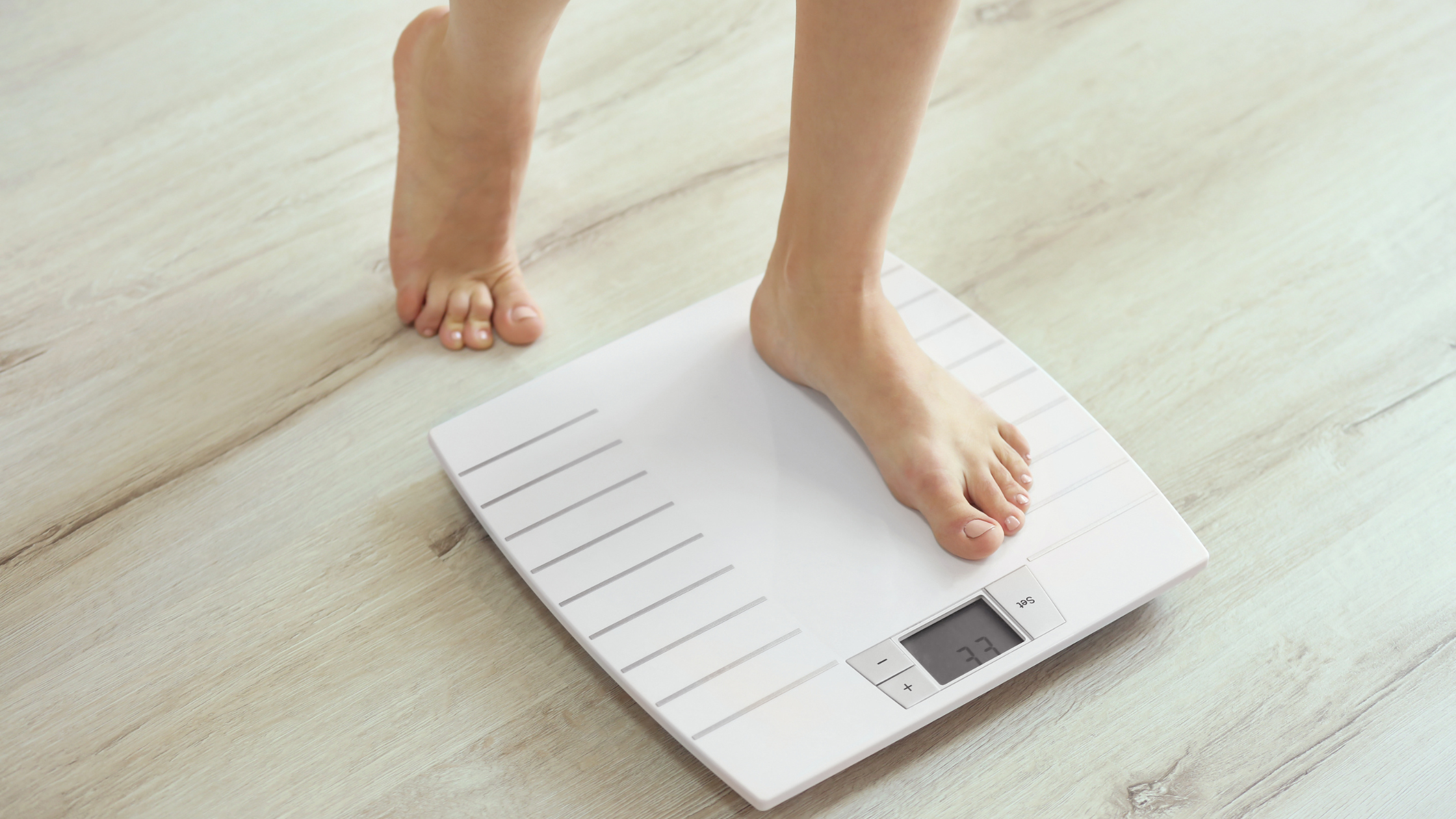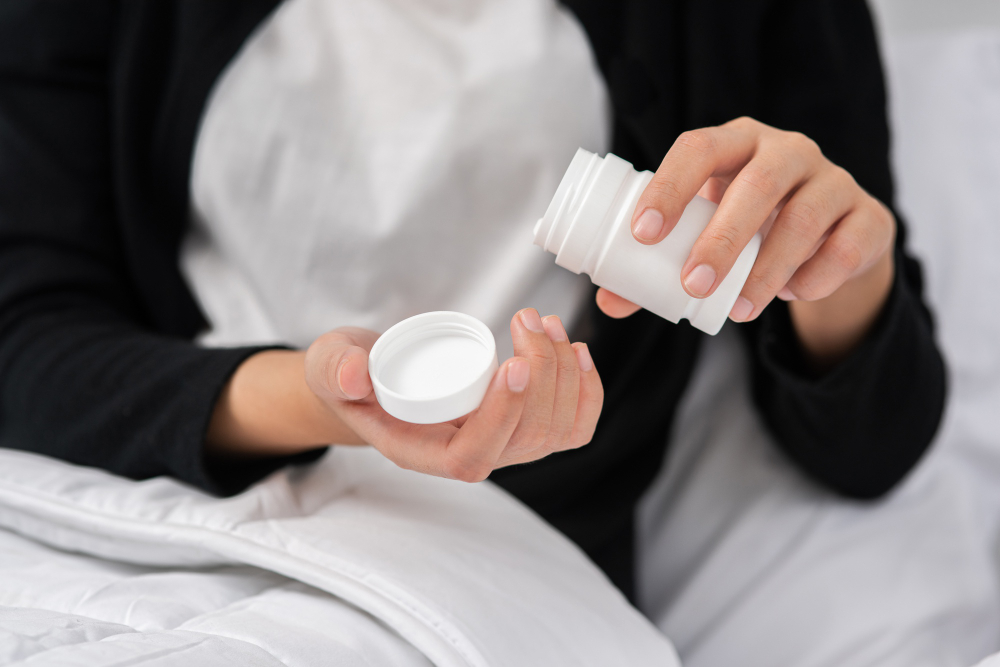Do Men Have Estrogen? Exploring Its Role in Men’s Aging


Caroline Hedges
Caroline Hedges is a critically acclaimed researcher, writer and serial entrepreneur.
With a knack for making the obscure plain, she is able to distill her research
in writing both fun and engaging posts.

For many years, estrogen has been considered a female hormone. But did you know that men have estrogen too? It’s true! Though it occurs at much lower levels than in women, estrogen plays an essential role in men’s health. This article will explore what estrogen is and how it affects aging in men.
What Is Estrogen?
Estrogen is a hormone that helps regulate the reproductive system. In women, estrogen levels fluctuate throughout the menstrual cycle, peaking just before ovulation. In men, estrogen levels are much steadier, although they increase with age.
Estrogen is one of the three major hormones that affect women and men during puberty and throughout their lifespan. The other two are progesterone, which regulates ovulation and pregnancy, and testosterone, which is responsible for the growth of facial and body hair, deepening of the voice, and muscle development.
Do Men Have Estrogen?
Though it’s commonly thought of as a “female hormone,” estrogen is present in both sexes. This hormone is produced in small amounts by men’s testes and adrenal glands. It’s also derived from testosterone, which is converted into estrogen through a process called “aromatization.”
As men age, their bodies produce less and less testosterone, leading to a drop in estrogen levels since there’s less testosterone available to be converted into estrogen.
Effects of Low Estrogen in Men
Low estrogen levels in men can cause several problems. For one, it can lead to decreased bone density, increasing the risk for osteoporosis. It can also cause hot flashes and night sweats, weight gain, and decreased muscle mass. In addition, low estrogen can impact a man’s sex drive and lead to erectile dysfunction.
Fortunately, there are treatments available for men who are experiencing the effects of low estrogen. Testosterone replacement therapy can help increase levels of this hormone and alleviate some of the symptoms associated with low estrogen.
High Estrogen in Men: What It Means
While having low estrogen levels can be concerning because of the effects it can bring to a man’s body, having an excess of it can cause some problems as well. If you’re reading this, there’s a chance you have high estrogen levels and don’t even know it!
Estrogen doesn’t just affect men’s health; it also affects their appearance. High estrogen levels can cause men to develop feminine characteristics, such as enlarged breasts (gynecomastia), decreased body hair, and erectile dysfunction. High estrogen levels can also lead to mood swings.
How Does Estrogen Affect Men's Aging?
The role of estrogen in men’s aging is a complex topic. Although estrogen’s role in men’s health is not fully understood, there are some indications that low or high estrogen levels play an important role in men’s aging. For example, men with low estrogen levels may experience more bone loss and muscle loss as they age. In addition, estrogen may also play a role in regulating mood and sexual function in men.
Estrogen levels generally decline as men age, contributing to the aging process. However, it’s not clear whether this decline is a cause or an effect of aging. In addition, estrogen levels can be affected by a man’s lifestyle and health. For example, obesity and certain medical conditions can cause estrogen levels to rise. Conversely, smoking and excessive alcohol consumption can reduce estrogen levels.
Balancing Estrogen Levels with Hormone Replacement Therapy
If you are suffering from low or high estrogen symptoms, hormone replacement therapy (HRT) can help. HRT can be an effective way to restore the balance of hormones in your body and alleviate symptoms.
There are a few different options for HRT, including:
- Testosterone Replacement Therapy: This therapy involves taking testosterone supplements to help offset the effects of estrogen.
- Aromatase Inhibitors: These drugs work by blocking the production of estrogen.
- Selective Estrogen Receptor Modulators (SERM): These drugs bind to estrogen receptors and help to reduce the effects of estrogen. SERMs are a newer class of drugs that show promise in treating symptoms of high estrogen.
- Estrogen Blockers: These drugs work by blocking the effects of estrogen in the body.
Here at MedHealth 360, our board-certified physician specialist and plastic surgeon Dr. Phillip Chang will help you choose the right HRT option. A consultation with Dr. Chang is essential before starting any form of HRT, as there are many different types, and each has its benefits and risks.
What Else You Can Do to Balance Estrogen Levels
In addition to HRT, you can make a few lifestyle changes to help balance estrogen levels.
- Lose excess weight: Fat tissue produces an enzyme called aromatase that converts testosterone into estrogen. Losing weight can help reduce the amount of aromatase in your body and lower estrogen levels.
- Eat a healthy diet: A diet rich in fresh fruits, vegetables, and whole grains can help to regulate estrogen levels. Avoid processed foods, soy products, and dairy products, as they can increase estrogen levels.
- Exercise regularly: Exercise helps boost testosterone levels and reduce the amount of fat tissue in your body. Both of these effects can help balance estrogen levels.
Reduce stress: Stress can lead to a decrease in testosterone levels and an increase in the production of stress hormones like cortisol. These changes can disrupt the balance of estrogen in your body.
Reach Out to MedHealth 360!
You may be suffering from imbalanced estrogen levels, but you don’t have to suffer in silence. There are treatments available that can help restore balance and alleviate your symptoms. Talk to Dr. Philip Chang of MedHealth 360 now about treatment options! With the help of medical intervention and lifestyle changes, you will find relief from the symptoms of hormonal imbalance and improve your overall health.
If you’re ready to take the next step, call us at 703-729-5553 or send a message through our website’s contact form. You can also read our blog for more information about estrogen and the available treatments for you. We would be happy to help you get started on the path to better health!




